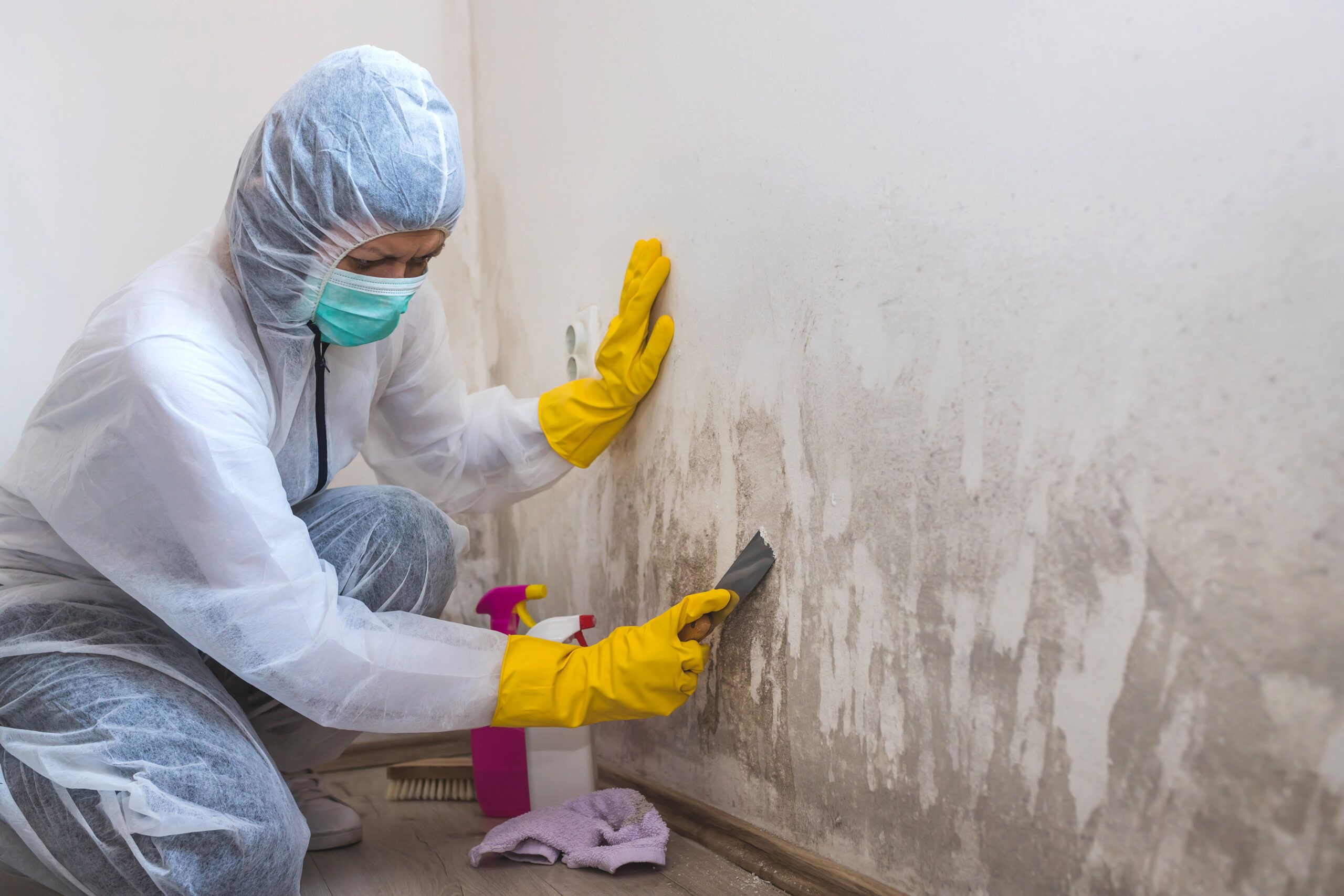Mold and furnace heating can be a dangerous combination. Furnace failures can facilitate ideal conditions for spores, bacteria, and viruses, thus polluting the air you breathe. That can cause respiratory complications and compromise your indoor comfort. Hence, your heating system is a vital defense against air pollutants.
Embrace Regular Furnace Maintenance
Embracing regular furnace maintenance is crucial in preventing mold growth. When conditions are right, mold can rapidly increase, making it essential to schedule routine inspections. A proactive approach includes timely filter replacements and annual tune-ups. Aligning your furnace with regulations and local building codes enhances safety and comfort.
Furthermore, incomplete combustion may lead to soot and other contaminants that trap moisture, fostering mold development. Regular maintenance ensures your furnace operates effectively, and qualified HVAC technicians can identify functional issues before they escalate. In case of unexpected signs of mold growth like musty odors, promptly contacting Emergency Furnace Repair professionals can provide prompt solutions at an affordable rate.
Ensure Proper Furnace Ventilation
Proper airflow helps prevent bacterial accumulation and mold growth in your furnace. It ensures an adequate supply of fresh air to support complete combustion, which helps minimize moisture accumulation. A well-ventilated furnace effectively expels excess humidity and facilitates continuous air circulation, preventing stagnant pockets where mold spores can thrive.
Furnace experts can help unearth issues such as blocked vents or leaky ducts, which can habor these harmful organisms. Regular inspections and maintenance can address these issues, ensuring your furnace operates optimally and discharges clean air.
Install Quality Air Purifier
An efficient purifier with high-efficiency traps spores and prevents these infectious intruders from accumulating. Quality filters can capture up to 99% of even tiny particles, significantly improving indoor air purity by reducing the concentration of bacteria, mold spores, and other allergens.
HVAC experts will assess your home’s needs and recommend the most suitable filter based on room size and air quality. They also ensure excellent installation for optimal performance and undertake further maintenance, such as filter replacement and system cleaning, to keep the filter functioning effectively. That way, homeowners can reduce the risk of mold growth in their heating systems.
Install UV Germicidal Light in Your HVAC
A UV light in your furnace effectively reduces mold and facilitates clean air circulation. UV-C light neutralizes mold spores, bacteria, and viruses as air circulates through the system, preventing these microorganisms from entering your living spaces. That is especially beneficial in humid environments where mold multiply rapidly.
Also, these ultraviolet lights help reduce dust and mold buildup on coils, thus improving hygiene. HVAC repair experts are crucial in this process; they assess your system to determine the best placement and type of UV light for optimal effectiveness. Homeowners can improve air quality and create a healthier indoor environment by incorporating UV germicidal lights.
In conclusion, mitigating mold issues relating to your furnace and HVAC system is essential for maintaining a healthy, safe, and comfortable home. However, identifying a reliable and experienced furnace expert helps guarantee optimal repairs and prompt service in emergencies. That provides peace of mind and value for your money while keeping your system running efficiently and effectively.

